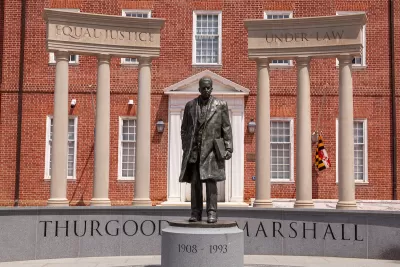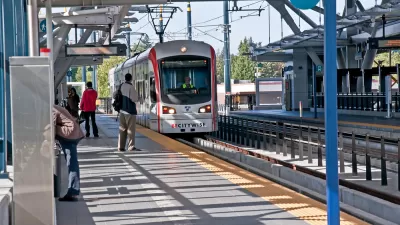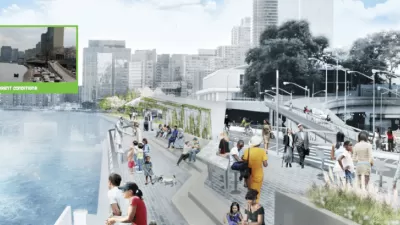The legal controversies over a zoning amendment approved in 2019 went all the way to the top court in the state of Maryland, but by the time the court ruled, the Bowie City Council had already repealed the amendment in question.

A decision by the Maryland Supreme Court would have cleared the way for the redevelopment of townhomes on land occupied by a struggling airport in Prince George County, if the Bowie City Council hadn’t already changed its mind about a zoning amendment required to make the project happen.
“Many community members opposed the amendment, which singled out the Freeway Airport property to allow for higher-density housing than some surrounding areas,” according to an article by Madeleine O’Neill. “A group called the Concerned Citizens of Prince George’s County challenged the text amendment in court after it passed in 2019.”
“The airport is intended to be the only property affected by the amendment — which the Concerned Citizens group pointed to as evidence that the change violated the ‘uniformity requirement’ by treating a single property favorably,” reports O’Neill.
The Maryland State Supreme Court found, however, that the zoning amendment “furthered a valid public purpose and did not discriminate between similarly situated properties” (because there are no similarly situated properties).
But this story has a twist: a change of elected representatives on the Bowie City Council began their tenures in the intervening years and rescinded the zoning amendment before the Supreme Court could rule.
“The Concerned Citizens group asked to dismiss the case because the new bill rendered the legal battle moot,” according to O’Neill. “But the Supreme Court agreed to hear the case anyway,” expecting that the issues at stake in the case would set precedent for future land use decisions.
FULL STORY: Md. Supreme Court upholds zoning amendment to allow PG County airport redevelopment

Study: Maui’s Plan to Convert Vacation Rentals to Long-Term Housing Could Cause Nearly $1 Billion Economic Loss
The plan would reduce visitor accommodation by 25,% resulting in 1,900 jobs lost.

Placekeeping: Setting a New Precedent for City Planners
How a preservation-based approach to redevelopment and urban design can prevent displacement and honor legacy communities.

Using Old Oil and Gas Wells for Green Energy Storage
Penn State researchers have found that repurposing abandoned oil and gas wells for geothermal-assisted compressed-air energy storage can boost efficiency, reduce environmental risks, and support clean energy and job transitions.

Washington State Plans Ambitious ‘Cycle Highway’ Network
The state is directing funding to close gaps in its existing bike network and make long-distance trips more accessible.

Homeowners Blame PG&E for Delays in ADU Permits
The utility says it has dramatically reduced its backlog, but applicants say they still face months-long delays for approvals for new electrical work.

Rethinking Wildfire Defense: How a Landscape Approach Can Protect Neighborhoods
Post-fire analysis of the Eaton Fire reveals that a landscape approach — including fire-resistant vegetation, home hardening, and strategic planning — can help reduce wildfire risk, challenging assumptions that trees and plants are primary fire hazards.
Urban Design for Planners 1: Software Tools
This six-course series explores essential urban design concepts using open source software and equips planners with the tools they need to participate fully in the urban design process.
Planning for Universal Design
Learn the tools for implementing Universal Design in planning regulations.
Borough of Carlisle
Caltrans
Heyer Gruel & Associates PA
Institute for Housing and Urban Development Studies (IHS)
City of Grandview
Harvard GSD Executive Education
Salt Lake City
NYU Wagner Graduate School of Public Service
City of Cambridge, Maryland





























